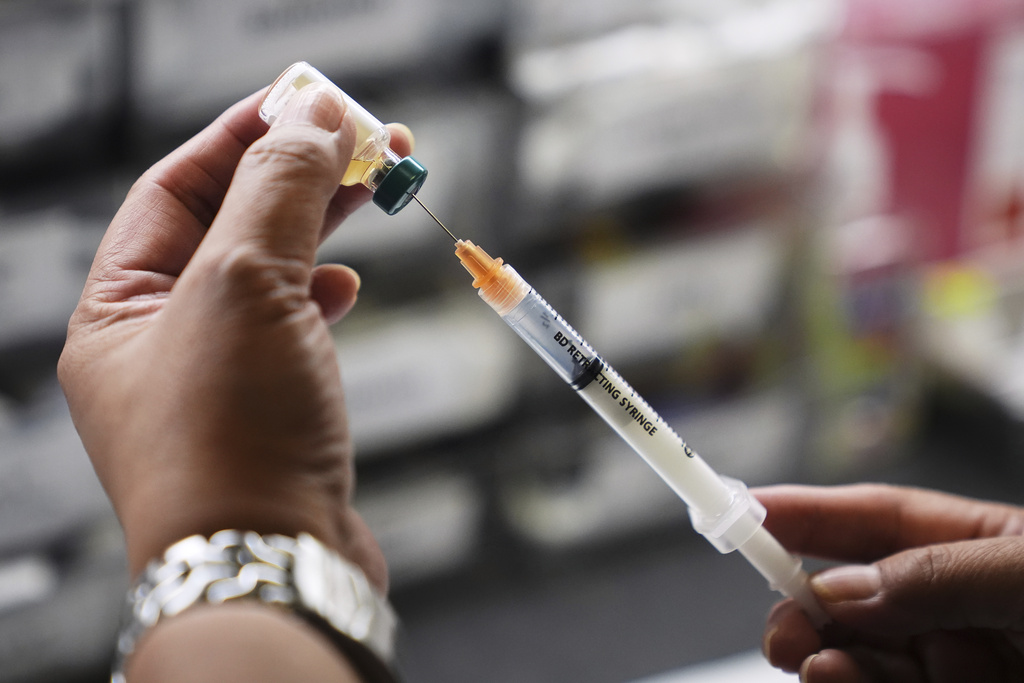You may have heard about using antibodies to help fight or even test for the coronavirus, but how does it work?
It’s called convalescent plasma and small studies have begun to show it could help treat coronavirus patients. Researchers are racing to find out more about its safety and efficacy for COVID-19 patients of different severities.
Convalescent plasma works like this:A person who has recovered from a virus already has the specific antibodies needed to fight it off. In this case, a recovered COVID-19 patient has antibodies in their blood plasma that fight Sars-CoV-2, the coronavirus strain that causes COVID-19. And those antibodies stay in the plasma long after the virus is gone. The recovered patient donates blood, and the plasma is filtered out, and then given via IV transfusion to a sick patient. The antibodies from the recovered patient act as a boost to the sick patient’s immune system, fighting off the virus before it can spread.
The FDA just approved the emergency use of convalescent plasma for COVID-19, meaning that doctors can use it without having to be part of a clinical trial.
Dr. Evan Bloch is the associate director of Transfusion Medicine at Johns Hopkins University and coauthor of guidance on convalescent plasma just published for hospitals around the country. He tells Newsy recovered patients who can donate are those who have had a confirmed COVID-19 diagnosis and are at least 14 days post-infection. He says blood donation facilities will likely test any donors between 14 and 28 days after their symptoms disappear to make sure they are virus-free.
"If they're beyond 28 days, the thinking is that they are really likely to have cleared all signs of infection and just will only have antibodies to be on 28 days when one doesn't need to have any kind of confirmatory testing," Dr. Bloch says.
Dr. Dave Lal, a pediatric surgeon at Children's Hospital in Milwaukee tested positive for COVID-19 a few weeks ago but has since recovered and donated his plasma.
"If I have something in my body that could help someone else why wouldn't I?" He said.
Antibodies have also been used in serological testing, or antibody tests- designed to find out whether your body has built up defenses against a virus. So far the FDA has only approved one, despite several companies making antibody tests to be distributed to hospitals and doctors’ offices. Those tests have to carry a disclaimer that they haven’t been reviewed by the FDA.
Dr. Ben Singer, a pulmonary and critical care specialist at Northwestern Medicine, says no medical test is perfect, but that people should exercise caution if they do get antibody tested in the weeks to come as these tests are expected to become more available.
"We have almost no test in medicine that gives zero false positives and zero false negatives. That's just the nature of medical testing. And so as we learn more or about these assays and learning how they're used appropriately, I agree that caution is warranted until we have data to really guide us," Dr. Singer said.
With only studying the coronavirus for a few months, there’s still a lot we don’t know, like if antibodies would protect someone like a nurse who's been exposed to a large quantity of the coronavirus. Dr. Bloch told Newsy that this week a number of clinical trials looking into the specifics of different types of efficacy of convalescent plasma will start at research institutions like Johns Hopkins and the Mayo Clinic, to determine if convalescent plasma can shorten hospital stays or how it helps mild patients versus severe patients.
Newsy asked, is there a point in the way that this virus progresses towards patients where convalescent serum is not helpful?
Dr. Bloch said, "We don't know. And I think that the way that all of these trials and the programs are setup, I think that we'll have access to a lot of useful data which can answer those those kind of questions at the moment. There's value to doing trials across all of different populations. One really needs to kind of do the studies to see."




 NYC Hospital To Start Testing Health Care Workers For COVID-19
NYC Hospital To Start Testing Health Care Workers For COVID-19 How Reliable Are COVID-19 Antibody Tests?
How Reliable Are COVID-19 Antibody Tests? Here's What Happens To Your Immune System If You Get The Coronavirus
Here's What Happens To Your Immune System If You Get The Coronavirus






